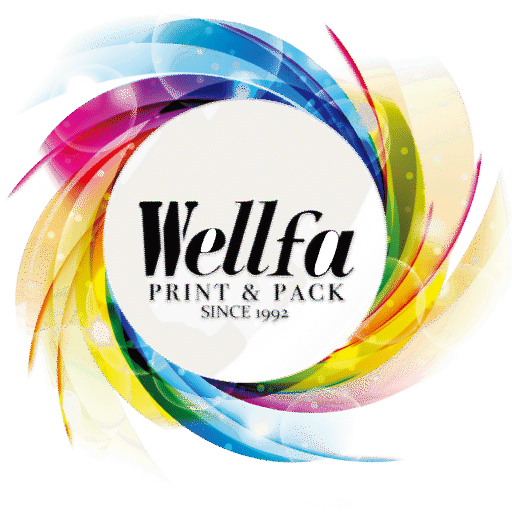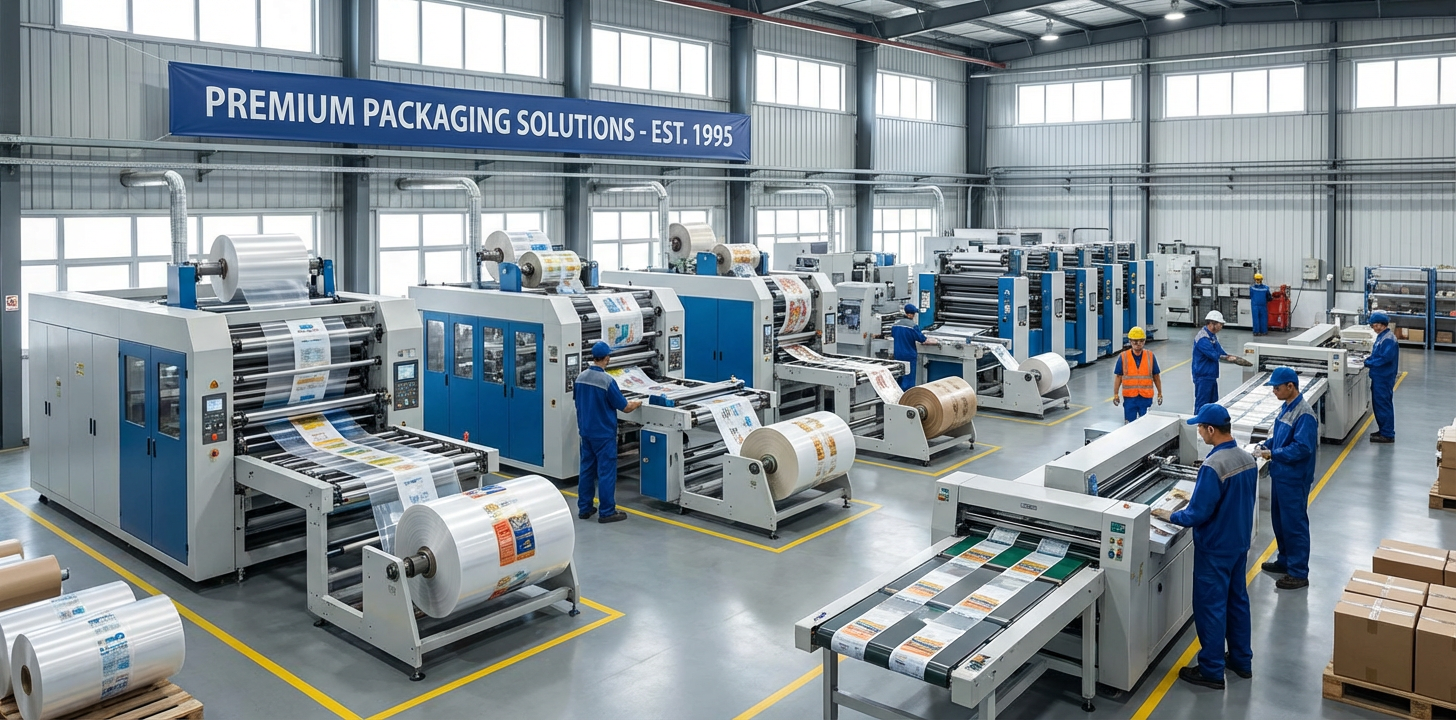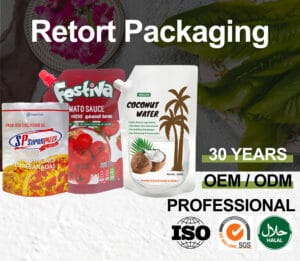In This Page You Will See:
Introduction
In the diverse landscape of pet food, selecting the appropriate packaging is crucial. This article delves into the significance of packaging, offering insights into optimal solutions for both dry and Wet Pet Food Packaging.
Trend of pet food packaging
The growth and development of the premium pet food category has become a natural consequence of the shift in the social contract, which has seen pets treated as loyal family members become more and more of a social norm.
Customers have shown that they are willing to pay more for sustainable packaging and convenience features such as handles and fresh-keeping zippers. When you buy your beloved dog or cat the best food you can afford, you really don’t want it to be spoiled when it’s poured out of the open bag.
Many pet owners like to be involved in preparing pet meals, just as they like to “make” meals for their family at home instead of just serving prepared meals. To this end, high protein content, packaging solutions for refrigerated and frozen foods, and “gravy ingredients” for dry tortillas have all increased, and packaging needs to adapt as food ingredients improve.
Wet pet food packaging will play a key role in the strong growth of the pet food industry over the next decade, especially for premium products.
Dry vs Wet Pet Food Packaging
The distinction between wet and dry pet foods extends beyond their composition to encompass unique packaging requirements. Beyond preservation, packaging plays a pivotal role in upholding product appeal and freshness.

Advantage
In terms of storage, dried pet food is stored in a cold, dry environment to prevent vitamin destruction and fat oxidation. Because oxidation of fat can lead to rancidity.
Dry pet food is not a product with demanding packaging.
Dry pet food bags require a unique construction. The inner layer of the multi-layer bag should protect the contents, the outer layer needs to be beautiful, and the inner layer has no oil stain penetration.

Shelf life, moisture, oil, flavor and density are all key factors in designing the structure of wet pet packaging materials.
Wet pet food packaging is easy to open, no tools, safe and does not hurt hands, can be directly fed, no need to pour out, enhance interaction with pets, microwave heating, heating ready to eat, packaging capacity is easy to adjust and other advantages.
Disadvantage
Due to the low packaging requirements of dry pet food, the materials used for dry pet food packaging are of poor quality compared to wet ones.
The general choice of multi-layer plastic composite, common including PET/AL/PE, PET/NY/PE, PET/AL/PET/PE, PET/NY/AL/PE, PET/NY/AL/RCPP and so on.
For today’s pet owners, they are very concerned about the recyclability of packaging materials. Low-price plastic packaging will make customers full of bad impressions.

Wet pet food packaging is a lot of metal cans, tinplate tank body is hard, large weight, open the lid needs to be stronger, pull ring sometimes broken, resulting in unable to open.
Aluminum tank is light and soft, the lid opening force is about 1/2-1/3 of the tinplate can, the surface luster is good, the texture is strong, and the strength is low.
Scratch hands when opening the lid, such as feeding directly from the can, there is also a risk of scratching the tongue and mouth of dogs and cats, especially when the can is cut off. The overall cost is high, especially aluminum cans and small packages.
The Significance of Quality Packaging
The primary role of pet food packaging is to protect pet health.
Qualified wet pet food packaging bags are made of food-grade materials, which can effectively prevent food from moisture, deterioration, pollution and other problems, and avoid pets from being hurt by ingestion.
At the same time, the packaging bag can also effectively isolate the air, sunlight and other external adverse factors to ensure the freshness and safety of food. Another function of pet food packaging bags is to facilitate pet consumption.
We are also looking to maintain its functionality, environmental friendliness and consumer appeal in a demanding supply chain environment, and to enable efficient manufacturing of packaging throughout the filling and shipping process.
Conclusion
Quality packaging serves as the cornerstone of success in the pet food industry. Whether catering to wet or dry pet food, meticulous selection of packaging solutions and manufacturers ensures the delivery of excellence to furry companions.
Contact Us
For more information, visit our website or contact our professional service team:




